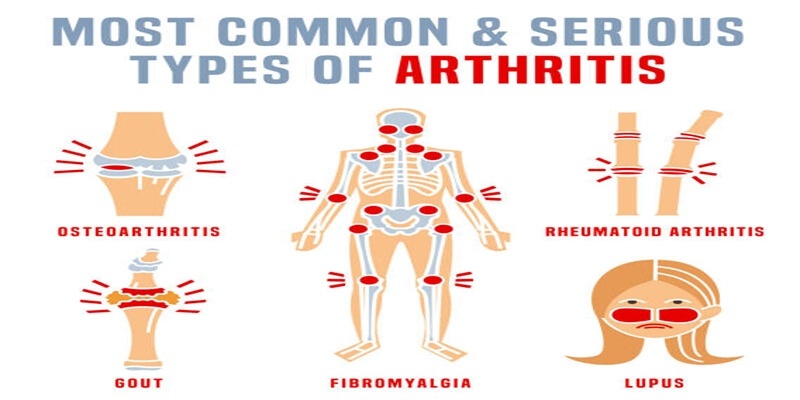
A very common and effective approach of treating mental illness is talk therapy, commonly known as psychotherapy or counseling. Benefits of talk therapy has its advantages for mental health, while a few people are also aware of its potential advantages for physical health, especially heart health.
Studies have shown that treatment may substantially impact your heart even though talk therapy typically focuses on emotional and psychological problems because the mind and body are extremely interconnected. The benefits of talk therapy for heart health are the physiological and psychological mechanisms that allow this interaction.
The Advantages of Talk Therapy
The Heart-Mind Connection: Science has only more recently began to comprehend the complex connection between mental and heart health. Heart disease risk factors include constant anxiety, worry, and grief. But in order to fully appreciate how talk therapy might be helpful, it is essential to comprehend the particular mechanisms underlying this connection.
Stress Reduction: Stress reduction is among the most important advantages of talk therapy for heart health. Chronic stress can harm the heart because it enhances the possibility of heart disease, bringing on inflammation, and increases cholesterol levels.
Improved Emotional Regulation: People receive what they need to better control their emotions through talk therapy. Heart difficulties can be made worse by worry and depression, which are frequently experienced by persons with cardiovascular disorders. Patients can learn to manage more skillfully and lessen the emotional strain on their hearts by addressing these emotional issues in treatment.
Lifestyle Modification: Therapy sessions are frequently used to help people recognize and modify unhealthy habits that increase their risk of developing heart disease, such as smoking, eating too much, or leading a sedentary lifestyle. Talk therapy assists patients in developing the motivation and skills necessary to achieve healthy lifestyle adjustments as well as setting realistic goals. Therapy indirectly improves heart health by lowering risk factors by addressing these habits.
Social support: Talk therapy offers patients a secure and encouraging setting in which to talk about their emotions and experiences. Due to the emotional support offered in therapy, this can be especially helpful for people struggling with loneliness, isolation, or the loss of a loved one. These feelings of social stress and sadness can hurt the heart.

Photo by Unsplash
Evidence Supporting Talk Therapy Impact on Heart Health
Increasing amounts of data suggest that talk therapy might have positive effects on heart health. The subsequent findings and conclusions are important:
- Lower Blood Pressure: A 2013 study in the journal "Circulation" reported that people who underwent stress management therapy, a type of talk therapy, saw a significant drop in their blood pressure. The first important step in minimizing the risk of heart disease and stroke is lowering blood pressure.
- Improved Heart Function: A 2017 Harvard Medical School study discovered that talk therapy can help heart failure patients with their heart function. Cardiac function may be improved by therapy's delivery of emotional support and stress reduction.
- Reduced Inflammation: Heart disease is significantly influenced by chronic inflammation. An investigation published in the "Journal of the American College of Cardiology" in 2017 suggested that talk therapy could lower markers of inflammation in people with depression, possibly lowering their risk of heart disease.
- Improved medicine Adherence: Many people with cardiac diseases need to take medicine to control their ailments. By addressing underlying problems like forgetfulness, fear of adverse effects, or misconceptions about the significance of the prescription, talk therapy can increase medication adherence.
- Reduced Risk of Recurrence: Talk therapy can be quite helpful for people who have already had a heart attack or stroke in preventing recurrence. A 2015 study that appeared in "Psychosomatic Medicine" demonstrated that people who got therapy following a cardiac incident had a lower risk of recurrence and better overall cardiovascular health.
Choosing The Right Therapy Approach
Depending on a person's particular needs and preferences, many talk therapy techniques may be advantageous for heart health. The following are some typical therapeutic modalities that can benefit heart health:
- Cognitive-Behavioral Therapy (CBT): CBT aims to recognize and alter unfavorable thought and behavior patterns. It can aid people in controlling their stress, anxiety, and depression—all of which have a negative impact on heart health.
- Mindfulness-Based Stress Reduction (MBSR): MBSR instructs students in mindfulness practices that lower stress and improve emotional well-being. It has been proved that minimizing stress has a beneficial effect on heart health.
- Supportive counseling: On occasion, people just require a secure setting in which to express their emotions and receive emotional support. Individuals can manage emotional difficulties that may have an impact on their heart health with the use of supportive counseling.
- Interpersonal Therapy (IPT): IPT focuses on enhancing interpersonal relationships and skills, which are important for lowering social anxiety and enhancing emotional wellbeing.
FAQs
How to know if I should go through talk therapy?
You can start a journey of self-development, swap out outdated habits, untangle complex issues, or receive clarity on an issue by attending counseling sessions. You may go to therapy as a result of a difficulty, or you might be persuaded to do so by friends, family, or coworkers.
What takes place in a therapy session?
Your counsellor provides you with a safe space in which you can go through your problems, and you will be highly trained in listening and reflecting to your issues. With mostly all therapy sessions you are free to discuss whatever you intend to, from everyday events, your feelings, and thoughts, to regrets, dreams or memories. Many types of therapy for instance cognitive behavioral therapy (CBT), may be more organized and provides beneficial tasks that help you in improving your comprehension of one’s thoughts and actions.
What kinds of individuals seek counseling?
There is no restriction on who can go through therapy. Regardless of your culture, religion, gender or occupation, you are welcome. Therapy has different benefits for couples, families, children, and even adolescents in addition to adult individuals.




